Working and living in Duisburg
An overview of the city
Duisburg is located in the heart of the Ruhr area in North Rhine-Westphalia and, with around 500,000 inhabitants, is a major city and regional center. Duisburg is geographically characterized by its location on the Rhine and the Ruhr, by extensive industrial areas, ports and many watercourses, but also by numerous green areas and local recreation areas such as the Six Lakes District or the North Landscape Park. Duisburg as a place of work combines industrial heritage with urban structure and nature.
What makes life in Duisburg attractive? The city offers comparatively moderate living costs compared to major cities such as Düsseldorf or Cologne, good housing options — particularly in districts such as Duissern, Ruhrort, Neudorf or Hochfeld — and a wide range of cultural, sports and leisure activities. Duisburg has museums, theaters, a lively inner harbor and numerous events, as well as strong shopping and dining offerings.
Duisburg is one of Europe's largest inland ports, a center for logistics, industry and transport. At the same time, the city is increasingly investing in sustainable urban development, environmental technology and geodata management. For specialists in the fields of GIS, geoinformatics, urban planning or environmental technology, Duisburg is a place of work with great potential and many perspectives. Living in Duisburg means being in a city that lives for change — and at the same time offers stability and development paths for environmental and planning professions.
Labor market for environmental and planning occupations
Duisburg is a hub for industries with a strong environmental and planning focus. The region is traditionally characterized by heavy industry, port management and logistics — these sectors generate great demand for geodata, environmental impact assessments, waste and water management, and risk and soil management. But Duisburg is also increasingly becoming a location for sustainability, climate protection and urban climate projects.
Local and regional planning authorities are an important aspect: Duisburg City Council and offices such as the Environment Agency, Surveying Office and the Office for Land Planning, Geommanagement and Cadastre, which perform tasks in geodata management and are regularly looking for new specialists. Initiatives such as the “Duisburg Climate Pact” show that environmental technology and urban planning are being strengthened in the city. Climate and flood protection projects are currently important, as are urban development and urban green design.
There are job opportunities for environmental planners, for example in consulting and appraisals, construction and infrastructure, landscape planning and urban planning, as well as research and teaching. Surveyor positions are also relevant, for example at cadastral offices or engineering offices, as well as positions in geoinformatics and spatial planning. The combination of industry, port, water flows, land recycling, soil and contaminated sites remediation makes Duisburg one of the most interesting locations for careers in the areas of environment, planning and geodata.
Quality of life and infrastructure
Living in Duisburg is pleasant and affordable. Rental prices in the Ruhr area are moderate and well below those of major cities. Good residential areas such as Neudorf, Ruhrort or Duissern offer urban life with quiet corners. Living costs for everyday needs and local supplies are comparatively low.
Duisburg has an extensive public transport network by bus and tram as well as good rail connections to cities such as Düsseldorf, Essen, Cologne and Dortmund. The main train station is an important hub. Airports in Düsseldorf and Cologne are quickly accessible for long-distance traffic and international connections. The road network is also very well developed with motorways and federal roads.
Leisure, culture and nature are not neglected in Duisburg. The Six Lakes District, the City Forest, the Botanical Garden, the Inner Harbour or the North Landscape Park offer many recreational opportunities. Culturally, there are theaters, museums, music events and a growing range of alternative cultural scenes. There is plenty available for sports, leisure and families. Schools, daycare centers, sports clubs and leisure activities are numerous — and that in a city with short distances and green retreats.
career prospects
Duisburg offers good development opportunities for academic professionals — both in the public sector and in private engineering and environmental companies. The city is increasingly investing in topics such as climate adaptation, urban climate, water and flood protection, geoinformatics and sustainable urban development. This increases career prospects for specialists in the fields of environmental technology and spatial planning.
The University of Duisburg-Essen plays a central role as a training and research institution with courses in environmental sciences, geography, geography and energy engineering and offers opportunities for continuing education and scientific participation. Continuing education institutes and professional associations complete the offer.
The demand for specialists for environmental and planning professions is constantly growing — in the coming years, Duisburg will create numerous new opportunities for experts in geodata management, sustainability and spatial planning.
Leading employer for environmental, planning and geospatial jobs in Duisburg
Employer landscape in Duisburg
Duisburg offers a diverse employer landscape for environmental, planning and geodata specialists. Whether public authorities, municipal companies, private engineering firms or research institutes — the spectrum is wide. Here you will find renowned employers who have a wide range of responsibilities and offer exciting challenges.
Public employers and authorities
Duisburg City Council
Type: Municipality/City Administration
Areas of activity: Includes environmental authority, building authority, planning office, green space and open space development, surveying offices and office for land planning, geommanagement and cadastre. Responsible for environmental planning, urban development, immission and climate protection, noise protection and geodata management.
Relevant professional fields: environmental planner, urban planner, surveyor, GIS administration, environmental information and monitoring.
Wirtschaftsbetriebe Duisburg — AöR
Type: Municipal company
Areas of activity: Waste disposal, urban cleaning, urban drainage, maintenance of green infrastructure, water maintenance and flood protection. They also provide waste advice and plan and maintain infrastructure such as bridges and playgrounds.
Relevant professional fields: environmental technology, water protection, geodata for infrastructure management, environmental reports and planning.
City of Duisburg — Umweltamt/Umweltschutzbehörde
Type: Local authority
Areas of activity: Technical tasks such as environmental information and planning, climate and flood protection, air pollution planning, environmental protection reports, databases with environmental data, GIS analyses.
Relevant professional fields: environmental planning, geoinformatics, scientific collaboration and administration.
private companies
GFP Engineering Office for Geotechnical and Environmental Planning GmbH
Sector: Engineering firm with focus on environmental planning and geotechnical engineering
Description: GFP offers advice, planning and specialist construction management in the areas of contaminated sites, soil protection, flood protection, dismantling, landscaping and stormwater management. The company supports projects from planning to execution.
Typical positions: environmental planner, geotechnician, surveyor, spatial planning, geodata analysis.
Ökoplan Umwelttechnik GmbH
Sector: Environmental Technology, Soil Remediation, Sewage and Waste Engineering
Description: Specializes in biological soil remediation, wastewater treatment and environmental engineering consulting. The company is working on innovative solutions for sustainable environmental processes.
Typical positions: Environmental Engineers, Environmental Verifiers, Wastewater Technology Specialists, GIS Analysts.
AMV-Engineering Engineering Office
Sector: Plant, Machine and Process Engineering
Description: Planning and implementation of special plants with a focus on water and wastewater treatment, membrane technology, transport and disposal technology.
Typical positions: process engineers, environmental engineers, technical project managers, CAD modelers.
Dr. Spona Environmental Consulting
Sector: Environmental Consulting and Surveying
Description: Specializes in environmental impact assessments, contamination analyses, environmental assessments, and soil/groundwater analysis.
Typical positions: environmental verifier, geoinformatics specialist, project manager and data evaluation.
Research and education
University of Duisburg-Essen
Subjects: Environmental Sciences, Geography, Geo and Energy Technology, Civil & Environmental Engineering.
Career opportunities: Scientific collaboration, doctorates, research and teaching in the areas of environmental technology, urban development, geoinformatics and sustainability.
Institute for Energy, Environmental and Analytics e.V. (IUTA)
Subjects: Research on environmental technology, energy, process engineering and analytics.
Career opportunities: research and development, participation in environmental engineering and sustainability projects, laboratory and field work, data analysis and modelling.



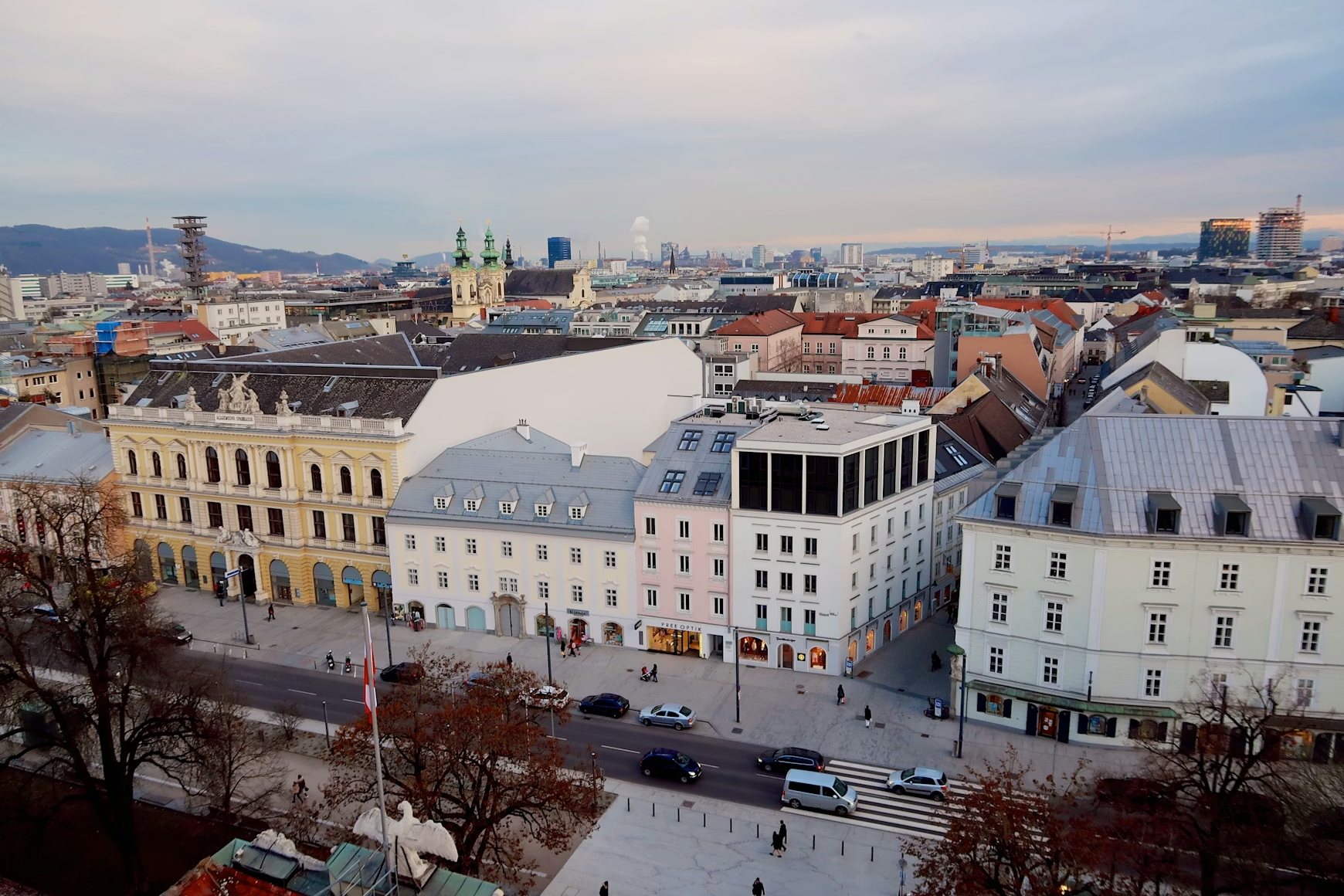
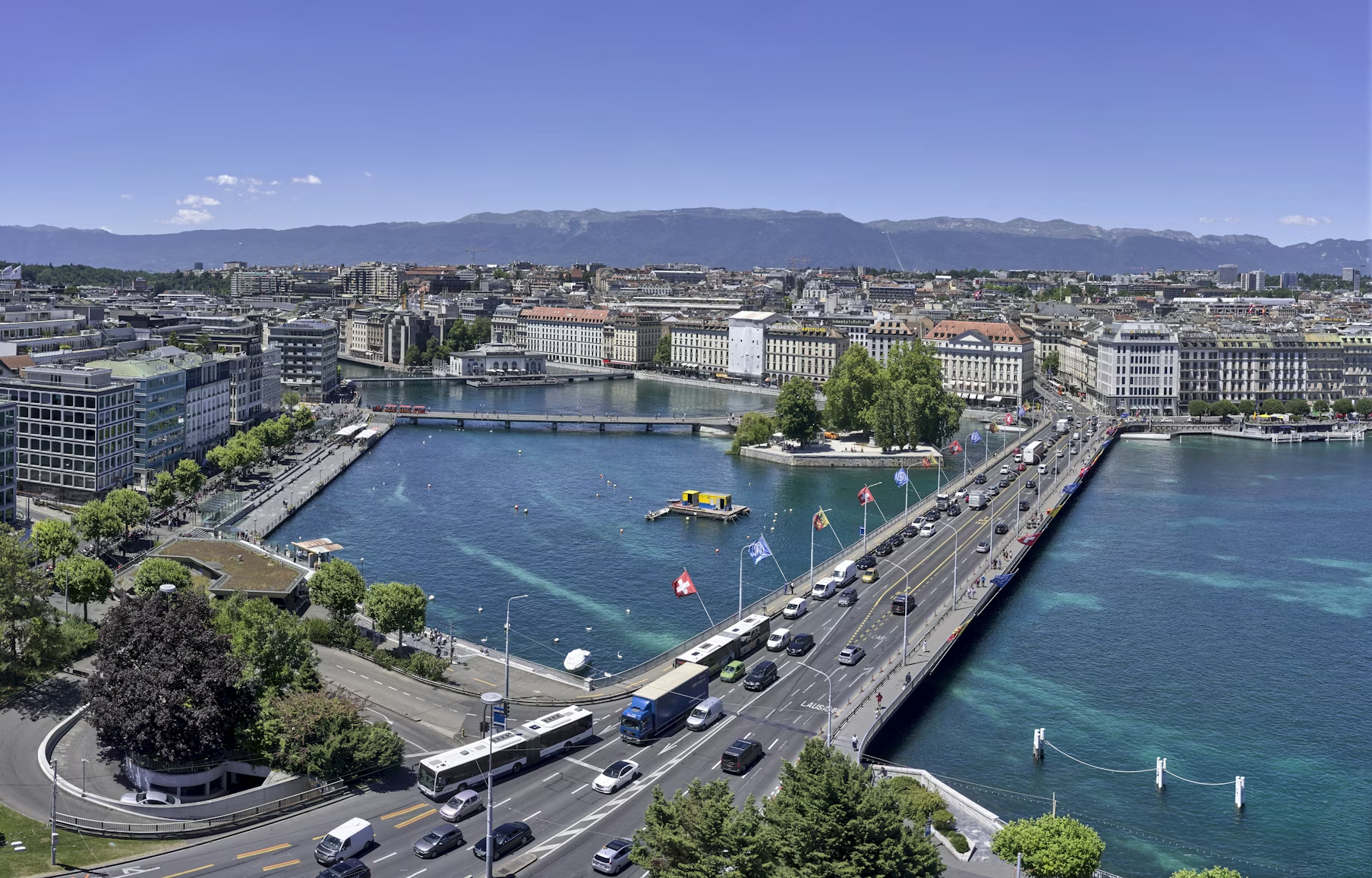
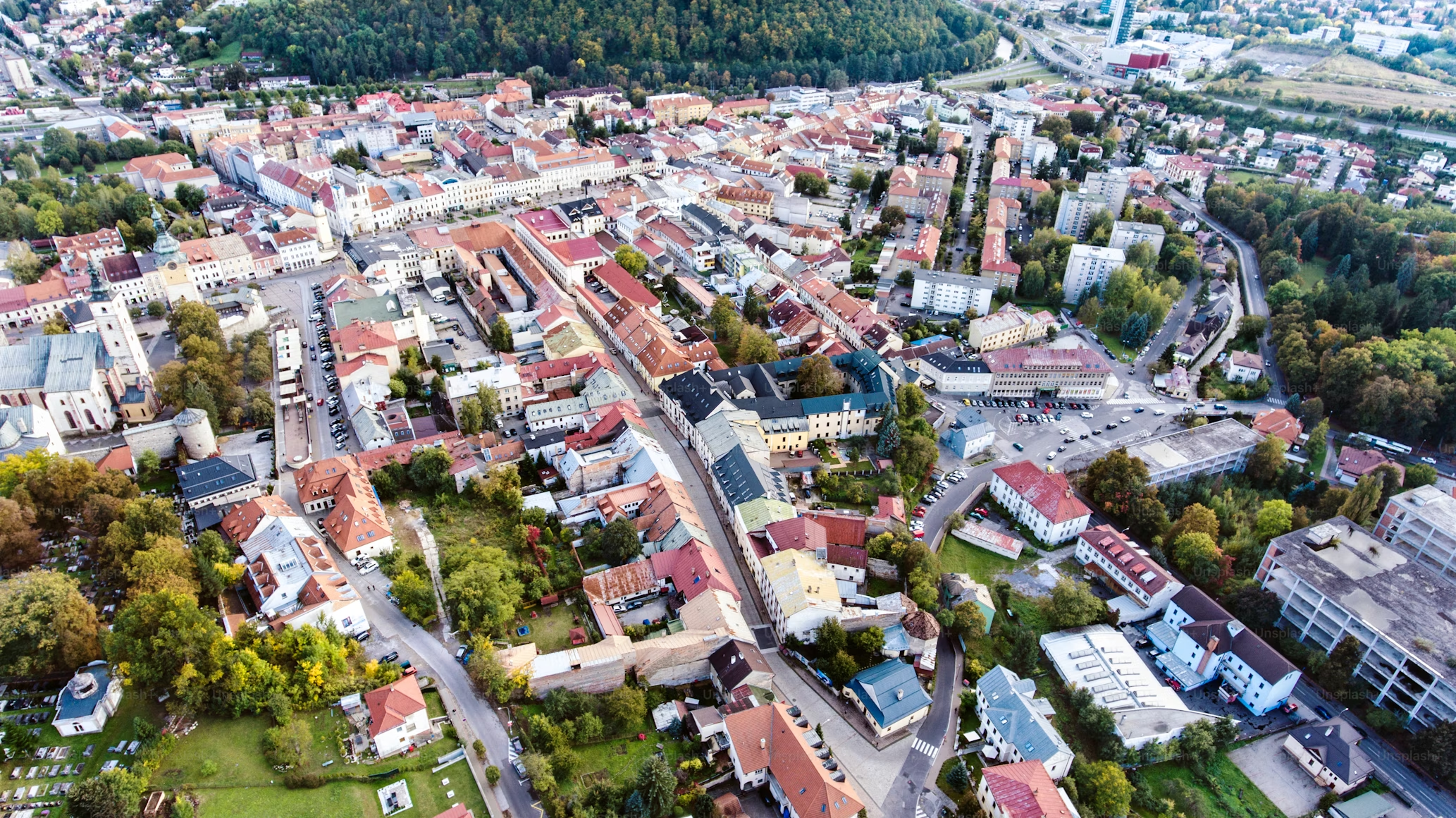
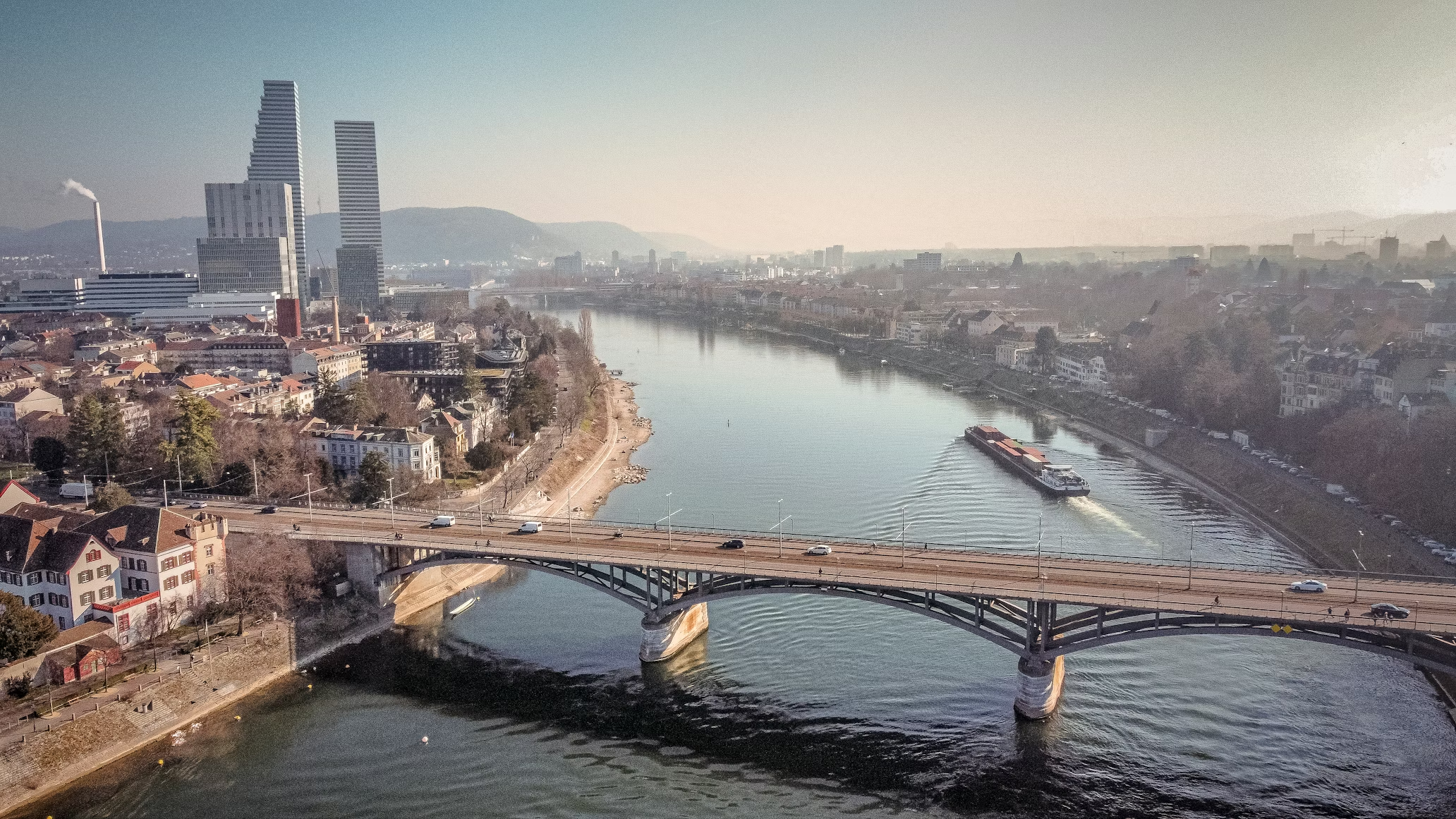

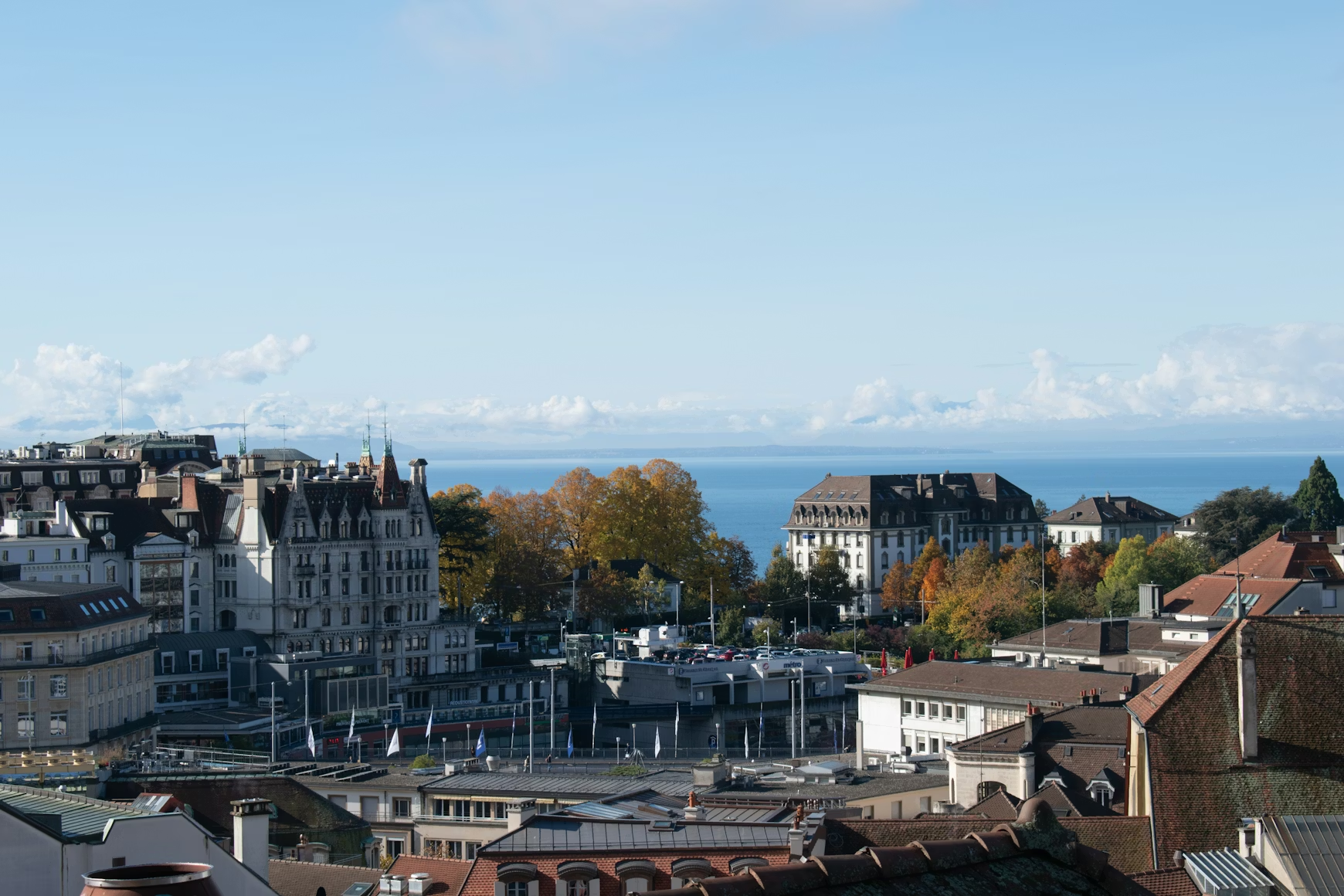


.avif)

